Filter staff:
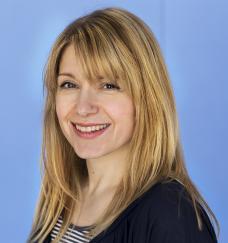
Prof Louise Boyle
Friend of St Edmund's

Prof Louise Boyle
Friend of St Edmund's
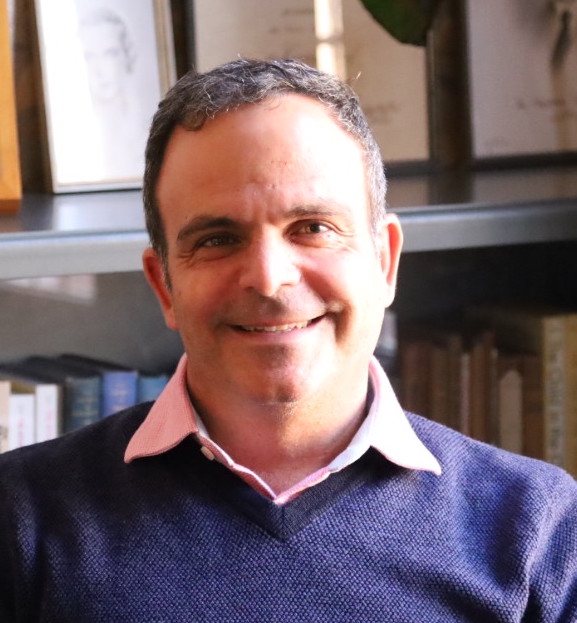
Professor Alain Tschudin
Senior Research Associate

Professor Alain Tschudin
Senior Research Associate
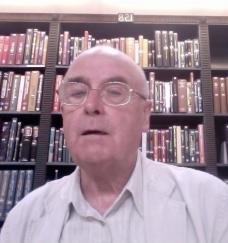
Professor Allen Brent
Fellow Commoner

Professor Allen Brent
Fellow Commoner
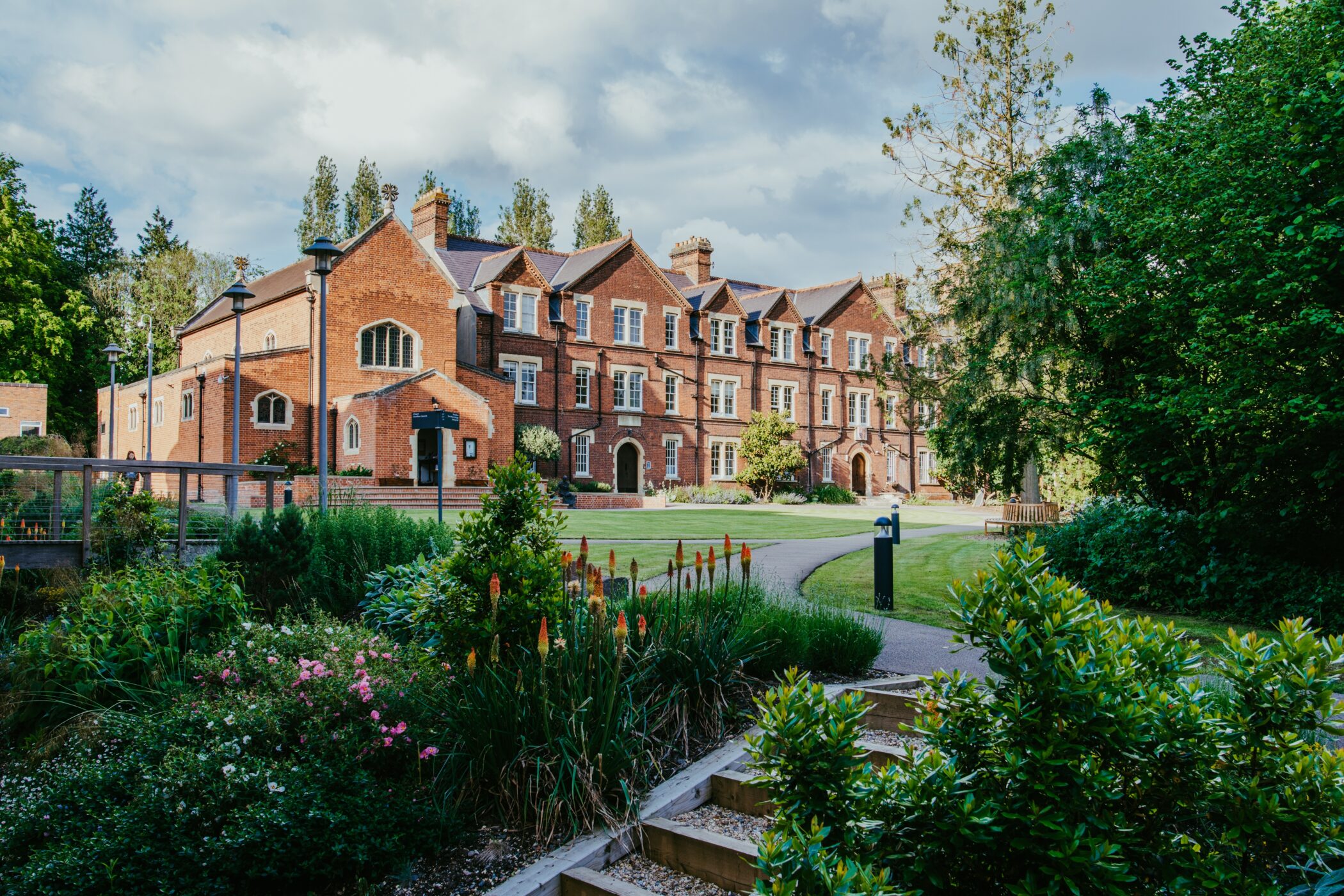
Professor Amartya Sen FBA
Honorary Fellow

Professor Amartya Sen FBA
Honorary Fellow
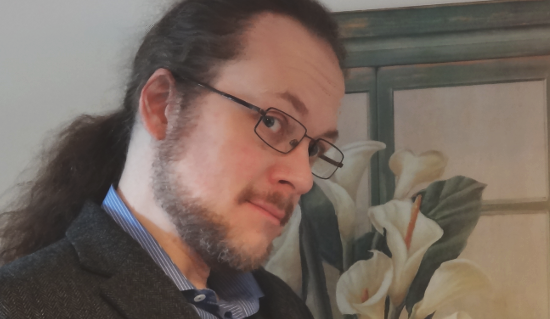
Professor Benedikt Löwe
Bye-Fellow, Director of Studies

Professor Benedikt Löwe
Bye-Fellow, Director of Studies

Professor Bruce Alberts CBE
Honorary Fellow

Professor Bruce Alberts CBE
Honorary Fellow

Professor Christopher Rapley CBE
Honorary Fellow

Professor Christopher Rapley CBE
Honorary Fellow
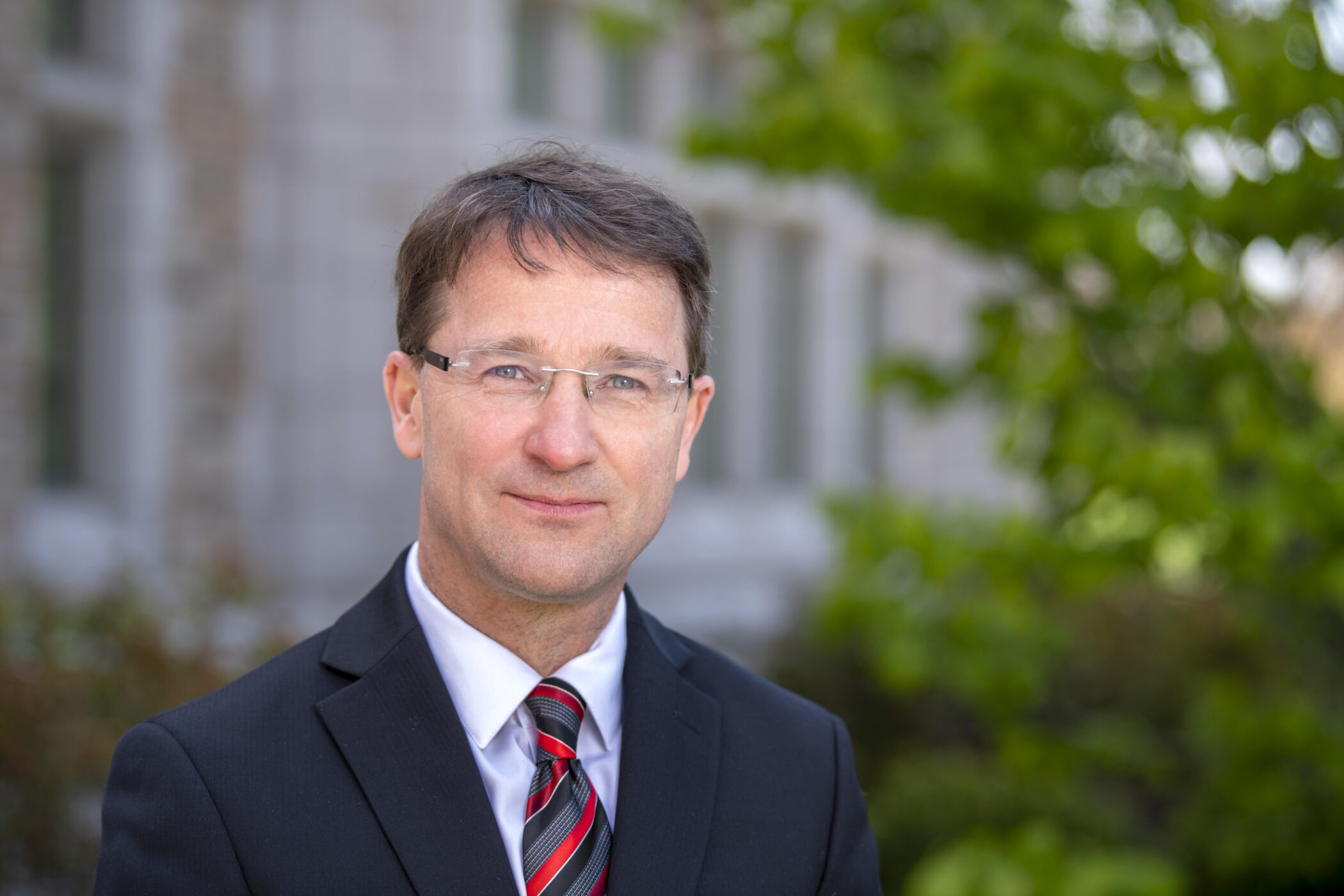
Professor Clemens Sedmak
Senior Research Associate

Professor Clemens Sedmak
Senior Research Associate
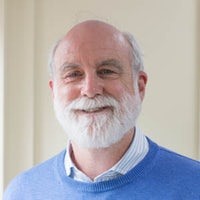
Professor Colin Williams
Senior Research Associate

Professor Colin Williams
Senior Research Associate
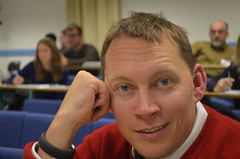
Professor Daniel Pett
Fellow Commoner

Professor Daniel Pett
Fellow Commoner
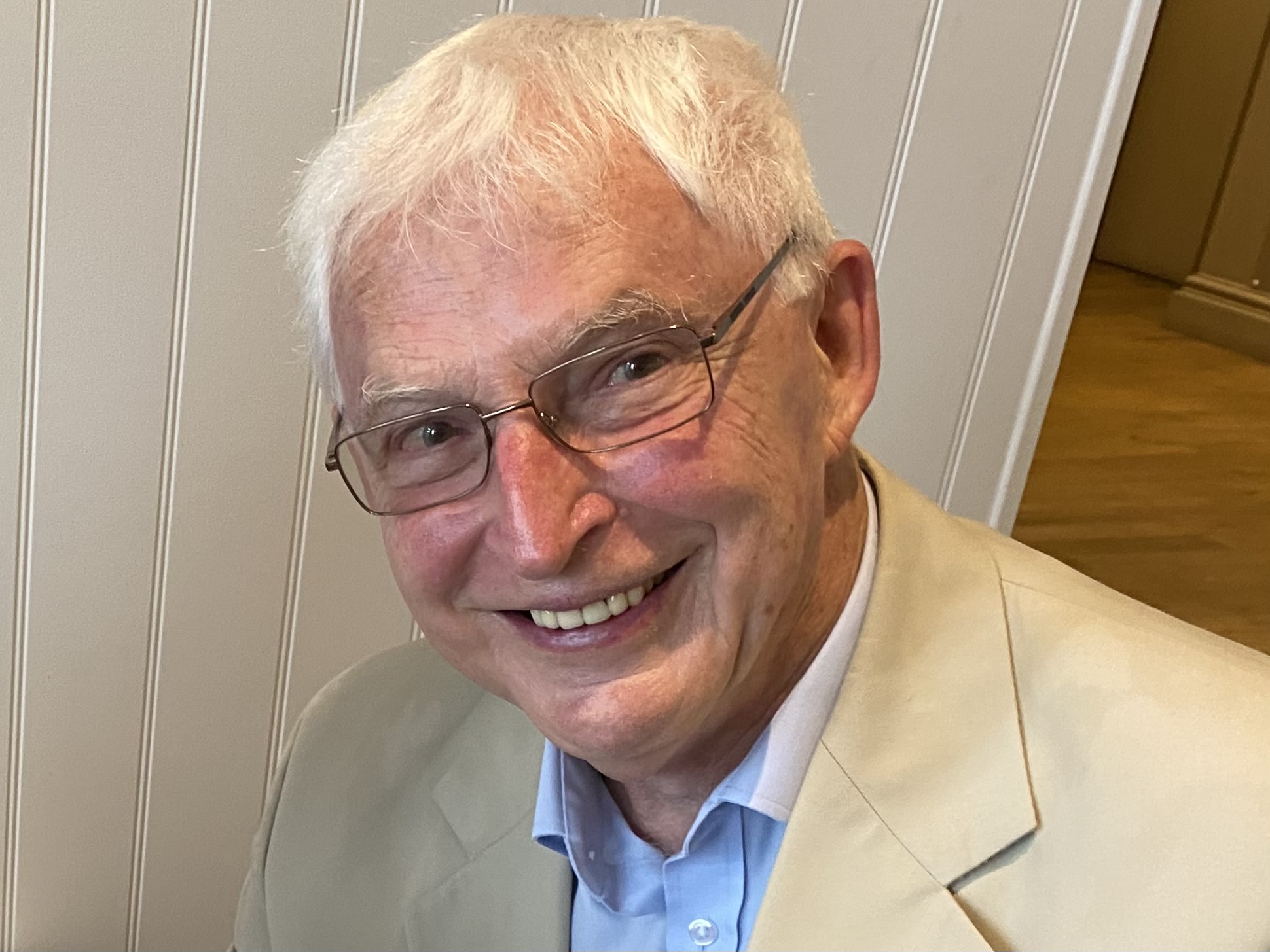
Professor David Bridges
Emeritus Fellow

Professor David Bridges
Emeritus Fellow
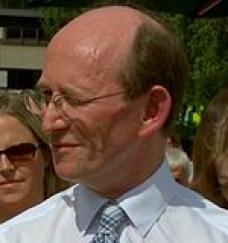
Professor Edward Acton
Honorary Fellow

Professor Edward Acton
Honorary Fellow

